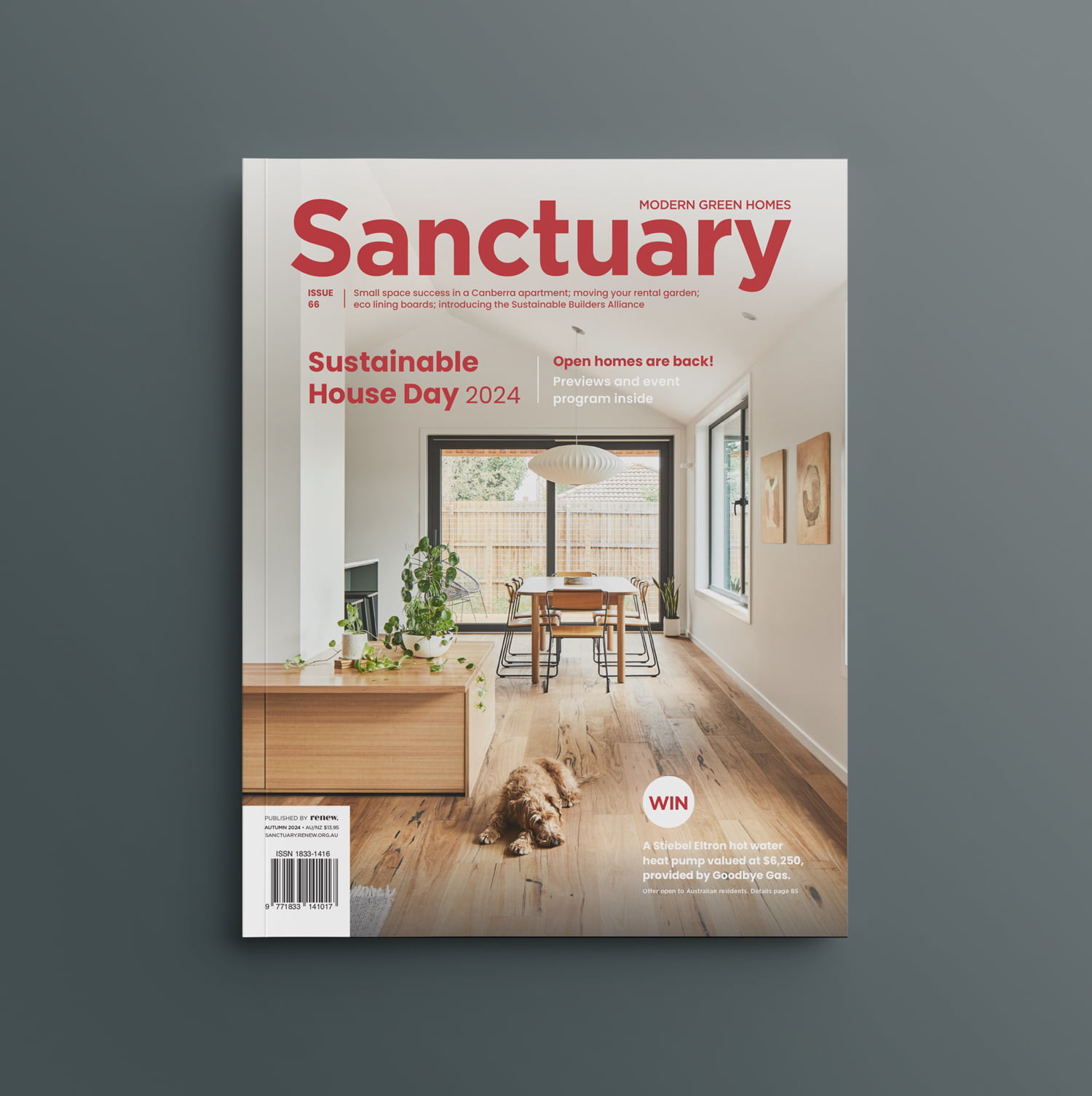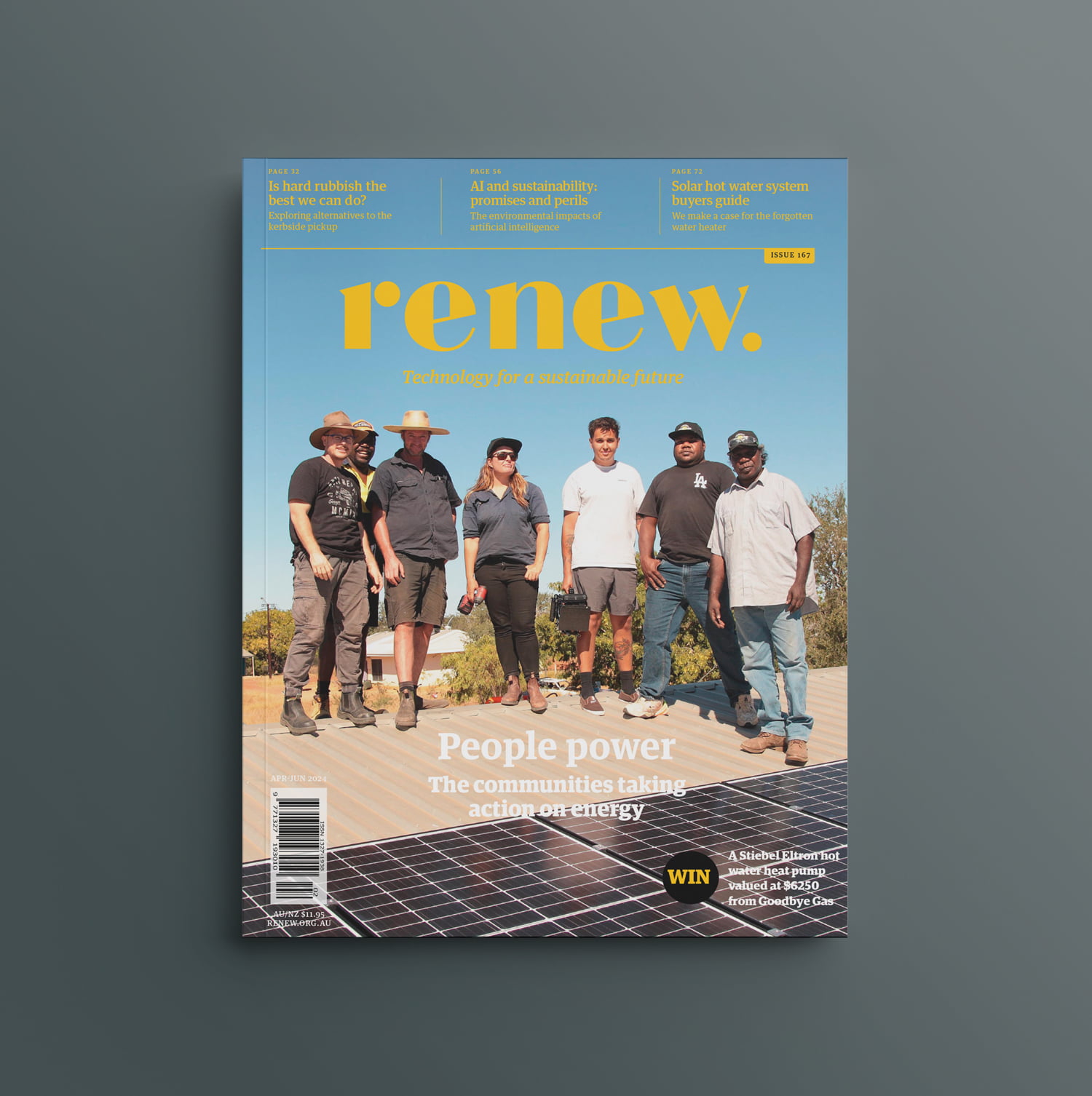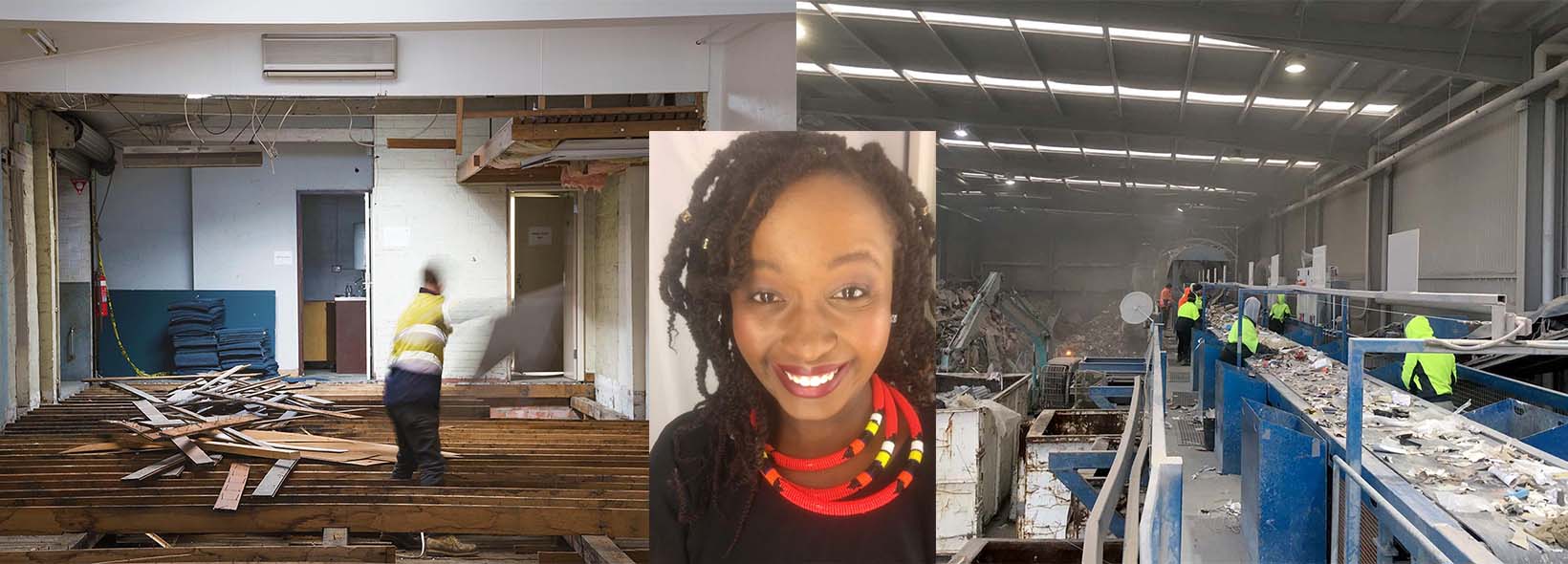When: Wednesday 6th May 2020, 7:00 pm AEST (Sydney time). You’ll be able to ‘check in’ from 6:50pm.
Where: Online webinar using ‘Zoom’ (relocated due to COVID-19). If you haven’t used Zoom before use this link to test your setup. You will need to get a ticket using the link below.
Tickets:
- You will receive the necessary web link for the webinar from the ticketing system.
- We have a capacity of 500 people.
- We have incurred some additional costs in hosting the webinars, but aren’t looking for the webinars to be a profit-making exercise. You will see a large number of free tickets available and a smaller number of paid tickets should you wish to help us to meet the webinar costs.
- We recognise that this is a pressing time for many financially (including Renew). If you are able and would like to support the work of Renew generally you can do so here: renew.org.au/donate or via the additional donation option when choosing your ticket.
- Click HERE to get a ticket for the webinar.
Presentation: In the next 30 years, Australia will need to increase the number of homes it builds each year by 20% to avoid compounding the current affordability challenges that the community already faces (HIA, 2018). As most countries are moving towards zero waste concepts to sustainably manage their waste, Australia can set a precedent through designing sustainable homes and using current waste materials from the building and construction industry as part of their construction make-up.
Most of the material used in the construction industry comprise of steel, cement, stone and engineered timber. Interviews with builders, joineries, and steel company managers confirmed that most components of these materials can be ground and put back into construction of a new building or can be sold as scrap metal. Further discussions outlined that engineered timber containing medium density fibreboards (MDF) and particleboard (PB) are not easily recycled due to the resin the material contains. These are disposed of at a landfill or converted into energy through burning.
The Illawarra Shoalhaven Joint Organisation is working to identify alternative pathways for value addition in waste MDF & PB by identifying the highest realised net value pathway to generate income and divert waste from landfill. Comparison of different best practice examples locally and internationally have been identified. The research concludes with a business model for the highest realised net value recycling outcome.
Speaker: Makrita Solitei is a 2nd year doctoral candidate at the University of Wollongong undertaking interdisciplinary research to understand and highlight the role of grassroots innovators working towards a waste circular economy in resource constrained communities in Kenya and Australia. In this webinar, Makrita draws on insights from her PhD internship role at the Illawarra Shoalhaven Joint Organisation, where she analyses manufacturing waste streams in the Illawarra and Shoalhaven region for supply chain and business innovation, a cradle to cradle concept.
You can view the video of this presentation here.
Carrie Wilkinson, Co-Convenor
Renew Illawarra Branch


